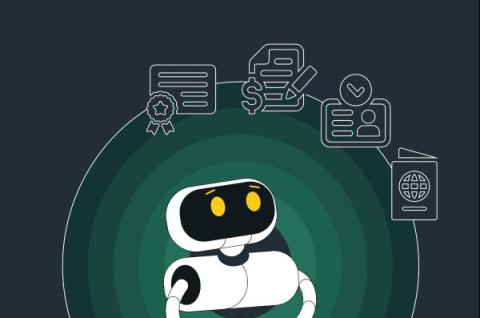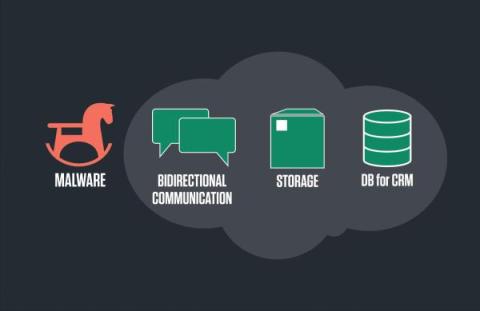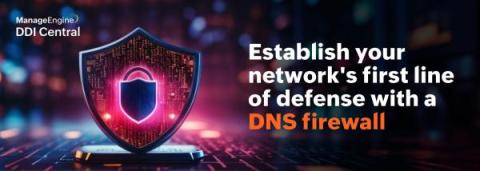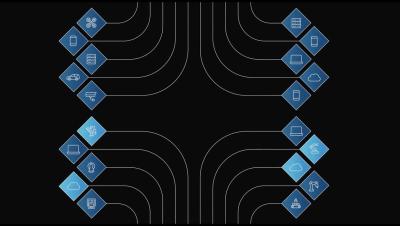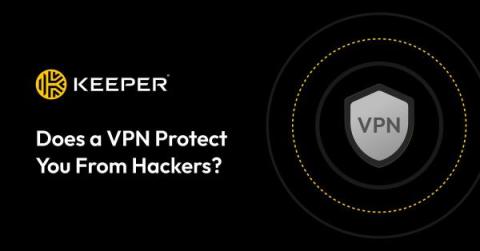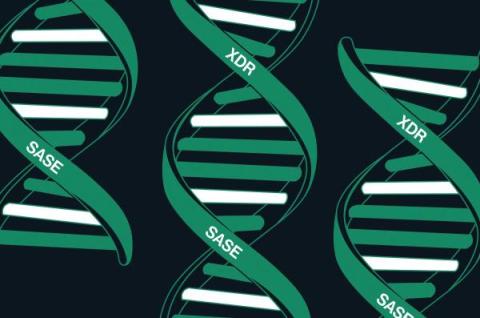Ensuring Cyber Security for Your Forex Trading
The foreign exchange market is full of ups and downs, making it exciting but risky. And it's not just the market swings you need to watch out for; cyber threats are a genuine concern, too. As technology gets smarter, so do the risks, but thankfully, the ways to protect ourselves are getting better as well.




